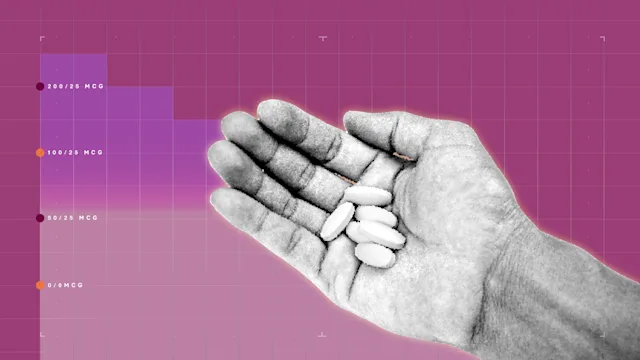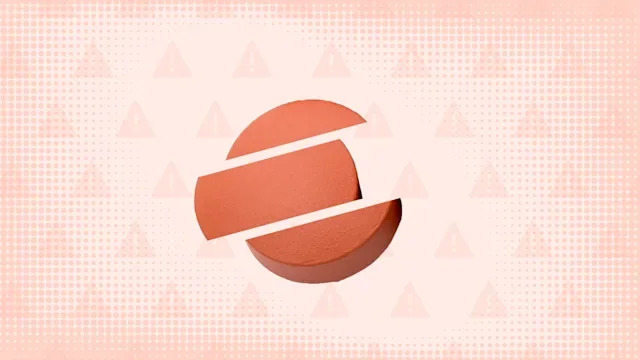Your heart and kidneys have a reciprocal relationship: Heart problems can hurt the kidneys, and kidney problems can damage the cardiovascular system. If you have heart or kidney disease, it’s important to know the tips for lowering your risk of kidney failure and heart damage.
What Is kidney failure?
The most serious complication of chronic kidney disease is kidney failure.
“The goal activity of the kidneys is to filter the blood and to get toxins out of the blood. When the kidney is not able to function normally, you can develop first acute [and] then chronic kidney disease,” says Lawrence Phillips, MD, Cardiologist at NYU Langone Health. “When it progresses to a point where you're not able to appropriately filter the blood, we call that end-stage renal disease or kidney failure.”
People with kidney failure require frequent dialysis treatments, which is when a machine filters waste from the blood and returns it back to your bloodstream.
Kidney damage and the heart
“Kidney damage will affect the heart in several ways. First, it will affect it by being unable to clean out the blood or remove the toxins or keep equilibrium in the electrolytes and the blood, which can damage the heart,” says Dr. Phillips.
The second way kidney damage affects the heart is by worsening blood pressure. The kidneys actually release a hormone that helps control blood pressure. When this hormone is limited due to kidney damage, blood pressure may rise. This has a negative effect on both the heart and the kidneys.
Finally, the kidneys also release a hormone that helps with the production of red blood cells. When kidneys are damaged, it may lead to anemia, or decreased blood cell counts. “[This] makes the heart work harder to get blood and nutrients to the rest of the body,” says Dr. Phillips.
Lowering your risk
If you have high blood pressure, heart disease, and/or kidney disease, you still have opportunities for lowering your risk of kidney failure and heart damage.
“People can lower their risk of kidney disease and heart failure [by] knowing their numbers,” says Dr. Phillips. “The most common cause of kidney disease is high blood pressure, and the second most common is diabetes. By screening for both of those conditions and treating them early, we're able to halt progression of disease in many patients.”
Additionally, heart-healthy lifestyle modifications may help, such as:
Monitoring blood pressure and cholesterol
Eating a heart-healthy diet, including reducing sodium and saturated fat
Maintaining a healthy weight
Stop smoking, or don’t start
Learn more about living a heart-healthy lifestyle here, which can help treat and prevent kidney and heart damage.
Lawrence Phillips, MD, is a Cardiologist at NYU Langone Health.
References
National Institute of Diabetes and Digestive and Kidney Diseases. (2016). Preventing chronic kidney disease.
National Kidney Foundation. (n.d.). Key points: about dialysis for kidney failure.
Rosenberg, M. (2024). Overview of the management of chronic kidney disease in adults. UpToDate.

Why trust our experts?














